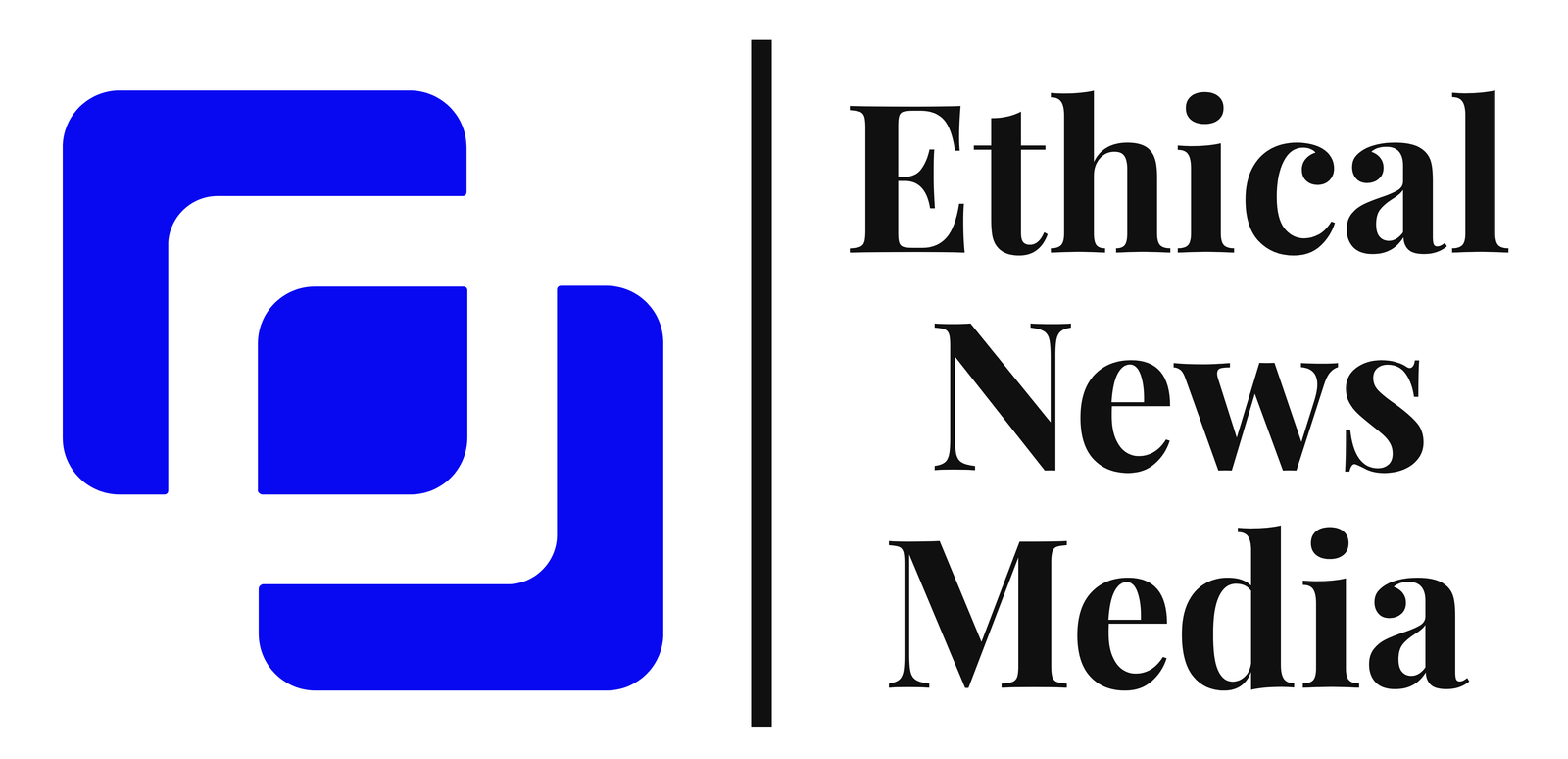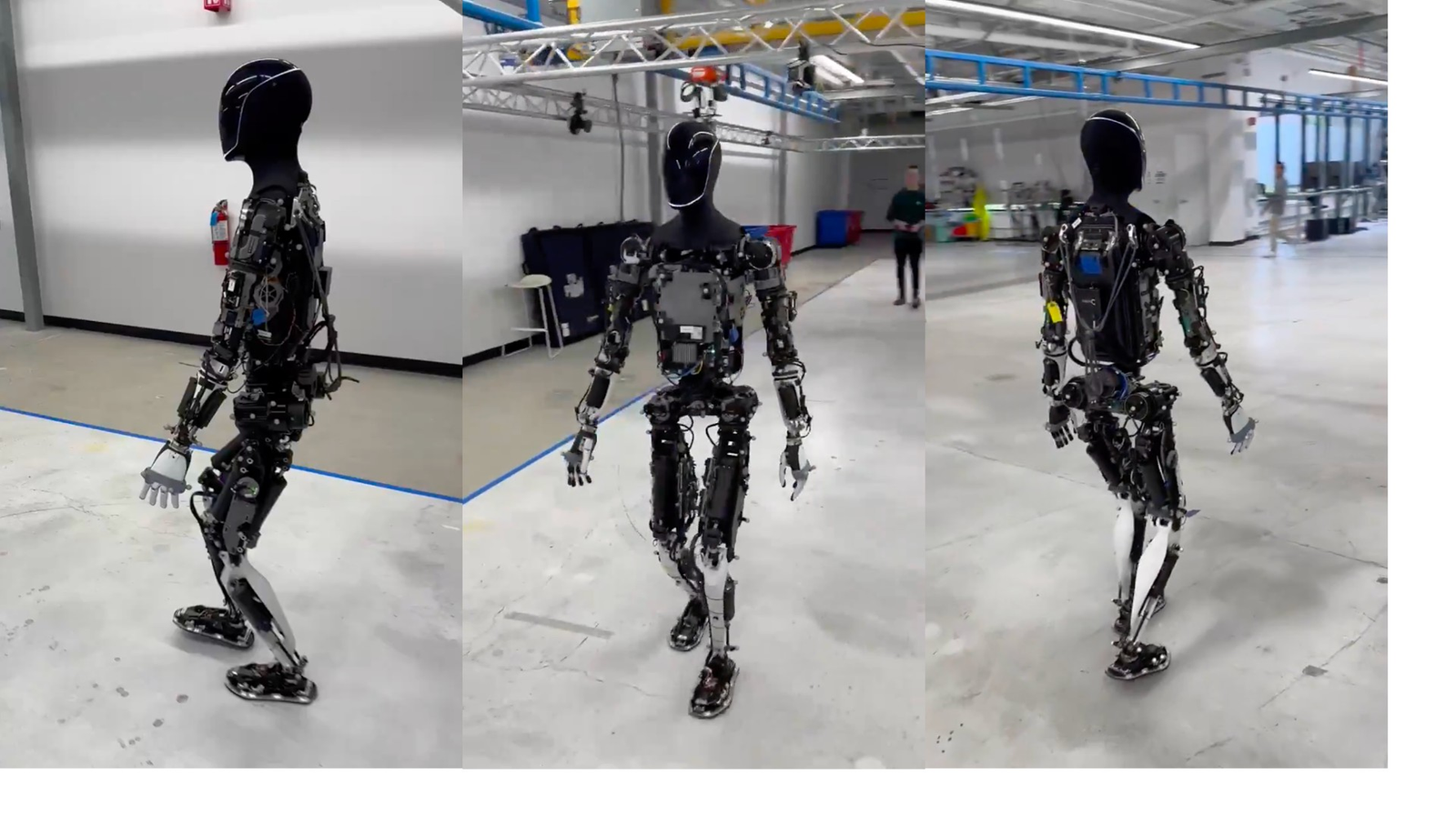In an era of rapid technological advancement, artificial intelligence (AI) is poised to revolutionize the job market in ways that may surprise many. Contrary to widespread fears of mass unemployment, recent studies suggest that AI integration into the workforce could usher in a new age of economic growth, job creation, and improved work-life balance.
Historical Context and Current Trends
The fear of job displacement due to technological progress is not new. From the Industrial Revolution to the rise of personal computers, each wave of innovation has been met with apprehension. However, history has shown that while some jobs become obsolete, new opportunities often emerge.
According to the World Economic Forum, AI may displace 85 million jobs by 2025, but it could also create 97 million new roles. This net positive job creation challenges the notion that AI will lead to widespread unemployment.
Transformation, Not Elimination
Rather than simply eliminating jobs, AI is more likely to transform the nature of work itself. By taking over repetitive and routine tasks, AI frees human workers to focus on higher-order skills that require creativity, emotional intelligence, and strategic thinking.
Emerging job opportunities in fields such as data science, machine learning, cybersecurity, AI development, and AI ethics are expected to grow. Additionally, as AI increases productivity and economic output, it could lead to overall economic growth, potentially creating even more job opportunities.
The Human Element
Professions that rely heavily on interpersonal skills and emotional intelligence are less likely to be fully automated. Healthcare, education, counseling, and creative industries are examples where AI is more likely to augment human capabilities rather than replace workers entirely.
For instance, in healthcare, AI can help doctors analyze patient data more efficiently, allowing them to focus on patient care and complex decision-making.
Reimagining Work-Life Balance
One of the most exciting possibilities that AI presents is the potential for a shorter workweek. By automating time-consuming tasks, AI could reduce the number of hours needed to complete work, allowing for better work-life balance. Some countries, like Sweden and Denmark, have already experimented with shorter workweeks, and AI could make this a global reality.
Preparing for an AI-Driven Future
While the integration of AI into the workforce offers numerous benefits, it also requires careful planning and preparation. Key stakeholders must work together to ensure a smooth transition:
- Governments need to implement policies that provide social safety nets and support job transition programs.
- Businesses should invest in retraining and reskilling programs for their employees.
- Educational institutions must adapt their curricula to prepare students for the jobs of the future.
- Individuals should embrace lifelong learning and be open to acquiring new skills.
A Call for Optimism and Preparedness
As we stand on the brink of an AI-driven transformation of the workplace, it’s crucial to approach this change with optimism and preparedness. Rather than fearing job loss, we should view AI as a tool that can enhance our work lives, create new opportunities, and potentially lead to a more balanced and fulfilling future.
By embracing the possibilities that AI offers and taking proactive steps to adapt, we can shape a future of work that is more productive, creative, and aligned with human values. The key lies in our ability to evolve alongside technology, harnessing its power to create a workforce that is not just efficient, but also more human-centric than ever before.

